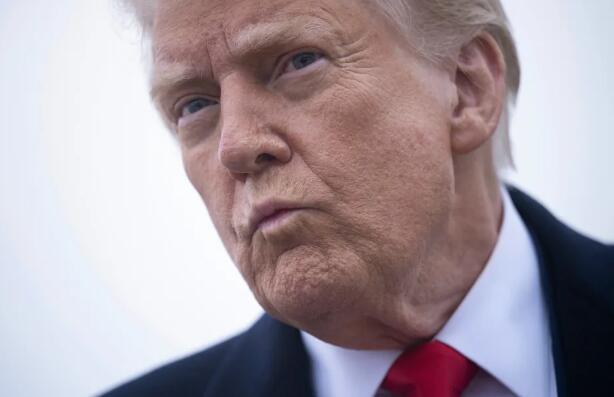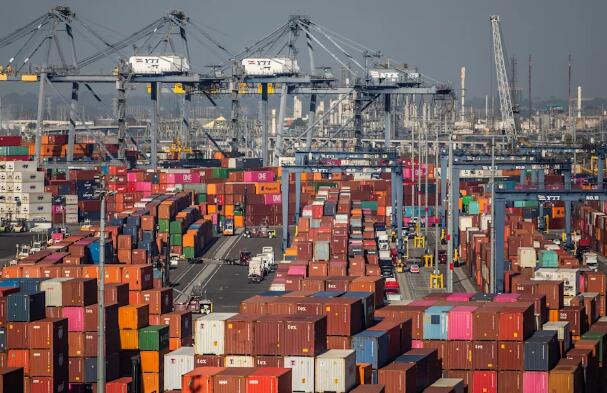President Trump’s potential rollout of reciprocal tariffs next week is raising concerns about chaos at US ports. Experts warn of increased complexity in the Harmonized Tariff Schedule, potentially overwhelming the customs system and disrupting global trade.

The looming possibility of President Trump imposing sweeping new duties on America’s top trading partners on April 2nd is causing unease not only on Wall Street but also at US ports. These ports, the critical arteries of the global economy, could face a significant new burden if the reciprocal tariffs come to fruition.
Cindy Allen, CEO of Trade Force Multiplier, is among those sounding the alarm. She warns that “stacking all of the duty rates together” could overwhelm the customs system. The Harmonized Tariff Schedule of the United States, a complex guide with around 18,000 different numbers used to determine tariff application, is already strained by previous tariffs imposed on China, Canada, Mexico, and steel/aluminum imports.
Trump’s reciprocal tariff plans, potentially targeting a wider array of goods and trading partners, could escalate the situation significantly. The President has suggested that “friend has often been much worse than foe,” indicating that the new measures will affect both allies and adversaries. A White House official stated that the administration is considering business feedback and aiming for country-by-country tariffs, with the overarching goal of changing the “status quo.”

Originally, the administration hinted that reciprocal tariffs might mirror existing duties imposed by US trading partners. However, Allen described this as an “absolute nightmare scenario” due to the added complexity. While the administration now appears to be leaning towards a more straightforward plan, possibly reflecting non-tariff barriers like value-added and digital taxes, even this approach could introduce a new layer of complexity to the tariff book. As former USTR General Counsel Greta Peisch stated, “That can also be really complicated.”
The potential consequences for US ports are substantial, raising concerns about potential bottlenecks, delays, and disruptions to the flow of goods crucial for the global economy.